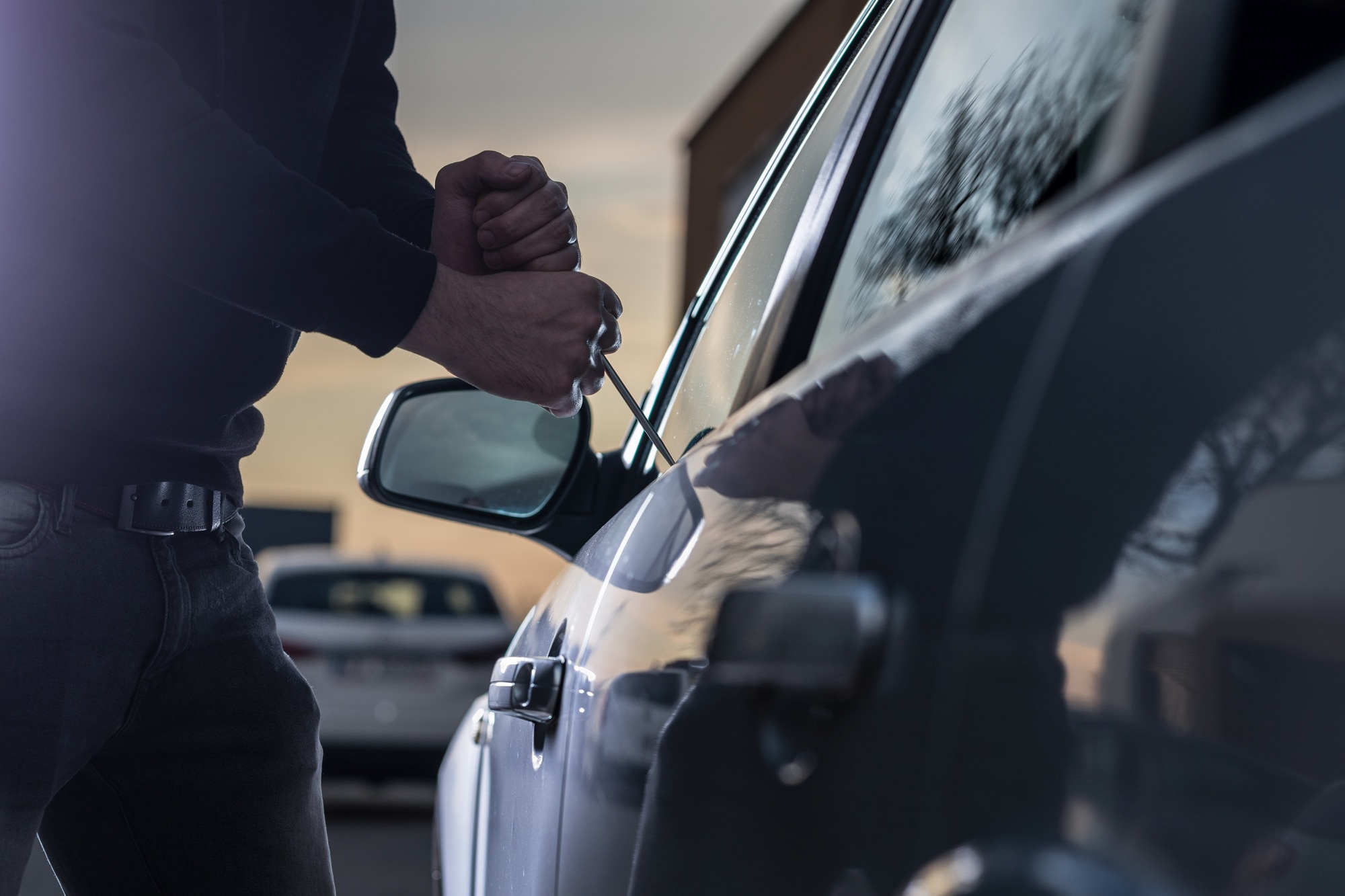My Stolen Car Was Recovered: Now What?
What to do if your stolen car is recovered before or after your insurance claim has been processed.
 Shutterstock
Shutterstock
Article QuickTakes:
With auto thefts on the rise — more than a million vehicles were stolen in the U.S. in 2022 — you may one day find yourself on the phone with your insurance company, discussing a stolen-car claim. The nature of that discussion will change considerably, as is the case with around 85% of stolen vehicles, yours is eventually recovered.
If your stolen vehicle has been found, you and your insurance company will have to make important decisions about how to proceed. Your options will differ depending on whether your claim has already been paid or if you're still working with an adjuster to determine your coverage payout.
When Your Stolen Car Is Found After Your Claim Has Been Paid
Insurance companies typically handle stolen-vehicle claims in one of two ways.
Depending on the terms of your policy, the company will either declare the vehicle a total loss and pay you the full depreciated value of the car on the day it was taken (minus your deductible), or it will attempt to make you whole again by giving you money for a brand-new replacement vehicle of the same make and model.
This type of coverage usually applies only when your vehicle is still relatively new, as defined by your policy. If you have it, gap insurance might also be involved. It will cover the difference between the car's depreciated value and what you still owe on it.
In any of the above scenarios, once that check is in your hands or a new car or truck is in your driveway, the insurance company becomes the legal owner of your stolen vehicle. If it's recovered, the insurer has the right to dispose of it any way it sees fit. Depending on its condition, that could mean selling it or sending it off to a scrap yard.
Although the vehicle won't be given back to you, some insurers will give you the option to buy it back — which you may want to do if it's in good enough condition. If you've modified your vehicle, it might also have custom parts that you'd like to have back.
If you do buy back the vehicle, it's important to know that it will probably come with a salvage title. This can hurt its value if you later choose to sell it, and you likely won't be able to insure it again until it has been repaired and given a rebuilt title, if possible. The ability to acquire a rebuilt title varies from state to state.
What Happens if Your Car Is Recovered While Your Claim Is in Progress
Things are a little more complicated if your stolen car is recovered after you've filed a claim but before your claim has been resolved. If this happens, the focus will switch from compensating you for the loss of your vehicle to determining if it was damaged, and if so, what level of repair will be needed to restore it.
From here, you'll be relying on your comprehensive insurance policy to set a payment amount. The insurance company will inspect the vehicle to assess the extent of the damage and the cost to repair it.
If the vehicle is fixable, you'll receive a check to cover the cost of repairs. If the damage is too great, the vehicle could be declared a total loss and your insurer can either cut you a check for the value of the vehicle or pay for you to buy a new replacement. It may also give you the opportunity to buy it back with a salvage title.
What Happens to Personal Property Inside a Stolen Car
Any personal items inside the car when it's stolen belong to you whether or not the insurance company has compensated you for the loss of the vehicle. You probably won't have to jump through any hoops with the insurance company to get those items back.
If personal items inside the car are missing when it's recovered, those are typically covered by your homeowner's insurance policy, not your automotive policy. You'll have to file an insurance claim with that company to be compensated for the loss.
Be aware that you may have a deductible, so you should be certain that the value of the stolen items is greater than the amount you'll have to pay.



